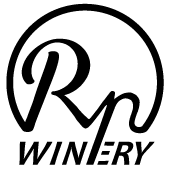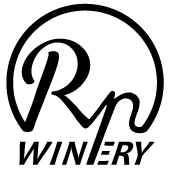



Our wine list
- A biodynamic, organic family farm established in 2012 on 10 + 3 hectares
- We only cultivate non-grafted, own-rooted vines
- All our wines have been 100% sulfur-free since the vintage of 2015
- We only produce varietal wines – no cuvées or blends of different grape varieties
- Instead of pressing, we use a gentler, strainer-only juice extraction method
- Overall sustainable management
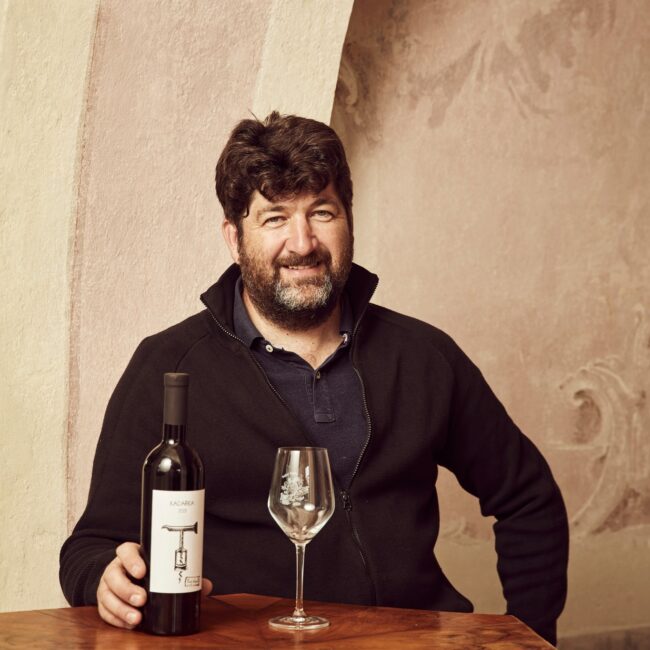
Balog Árpád
Vintner, winemaker
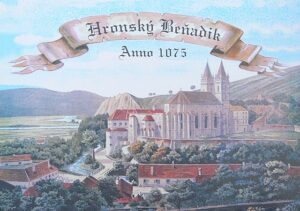
A passion for natural grape growing: welcome to Csongrád-Bokros
Welcome to Csongrád-Bokros, where we have brought the art of natural viticulture to life! Our vineyard is located in Bokros-puszta, an area of immense biodiversity embraced by the Tisza, Hungary’s second largest river, which teams with fish and aquatic life. Indeed, our terroir is an ecological island in a world dominated by technology.
The first reliable record of vine-growing in the area is the founding charter of Garamszentbenedek Abbey (1075), which mentions the local vine-yards. Ever since that date, there have been continuous records of local viticulture and winemaking.
It is here, in the alluvial floodplains of the river Tisza, that we find the country’s oldest wildly growing grapevines (Vitis sylvestris).
We have been building our biodynamic, organic farm in this fabulous, historical land since 2012. We have ten hectares of vineyards and three hectares of mixed orchards.
Our livestock – chickens, roosters, turkeys, and geese – are an important part of our family’s sustainable farming, but the Hungarian Racka sheep, Hungarian Grey cattle, and the horses living around us are also part of the unity of the landscape.
We believe in the power of our family farm…
… in enriching our soil with humus, in grape biodiversity, and in sustainable farming – all in unity with the Sun, the Moon, and the stars.
Our holistic approach is based on the principle that our estate is a single organic whole. It incorporates more than just our livestock and crops, encompassing the entirety of its natural environment: meadows, patches of woodland, pastures, rivers, canals, lakes, wildlife, right up to the stars. As we plan our work in cultivating our crops, making our wines, and raising our livestock, we tune in to the rhythms of the cosmos and follow the phases of the moon.
The tradition of natural grape growing in Csongrád-Bokros
Under the brilliant sunshine of Csongrád-Bokros, in a landscape once dominated by the grape varieties Kadarka, Kövidinka, and Aranysárfehér, we have revived the art of natural viticulture. Even though these grape varieties have almost disappeared due to mass production, we have decided to bring them back. Since 2012, we have been steadily improving our estate, consciously embracing sustainable and close-to-nature farming practices from the very beginning. The fact that our vineyard is mostly surrounded by stretches of abandoned land of exceptionally rich flora and fauna helps us to preserve the ecological diversity of our terroir.
We work with 10 types of vine varieties: Kadarka, Kövidinka, Kékfrankos, Zweigelt, Csóka, Királyleányka, Pinot Noir, Cabernet Franc, Pölöskei Muskotály, and Olaszrizling.
Non-grafted, own-rooted vines
In our vineyard, all the plants are natural, non-grafted, own-rooted vines, with the majority of the stock being 40 to 50 years old. This reliance on own-rooted vines ensures that our plants are truly natural, allowing them to authentically express the characteristics of the given variety in all their parts.
Genuinely varietal wines: knowledge spanning through generations
We only produce varietal wines – that is, we do not produce cuvées by blending different grape varieties.
Right from the start, our passion for wine has been the main motivation driving our winery. We engage in viticulture and wine production in harmony with nature, with a commitment to uphold traditional values. We attach great importance to the wise insights of our ancestors, valuing them more than manuals on modern industrial practices in grape production and winemaking.
.
Sustainable cultivation without using chemicals
We adhere to traditional vine cultivation methods, ensuring the well-being of our vines through proper humus supplementation and a commitment to chemical-free practices. Our approach relies solely on naturally occurring compounds that are not incorporated into the plants. By strictly limiting yields to no more than 0.5 to 1.5 kg of grapes per vine, and by avoiding herbicides altogether, we make sure that our grapes are healthy and chemical-free. We manage the inter-vine area by manual and mechanical means, but our animals also play a role in the work.
From harvesting to aging: a process in full harmony with nature
- Pruning and selective shoot and cane removal
- Humus supplementation to enhance grapevine health and vitality
- Plant protection through companion planting and strengthening natural defenses
- Manual harvesting to select only the healthiest grapes
Harvest and processing after the 15th of October, the traditional feast day of Teresa of Ávila
Harvesting begins when the grapes have reached full maturity. We follow the historical harvest dates. We strive to produce high quality grapes through the careful management of our vineyards. We believe that wine practically creates itself; our main concern is to let nature take its course and make sure we do nothing wrong. From vineyard to cellar, we follow low intervention principles. We strive to bring out the best of the soil and climate characteristics in the grapes, so that our wines truly reflect the terroir. We work with nature to produce the best quality wines possible. Here, getting back to basics is definitely a step forward; it is in this spirit that we use winemaking processes such as extended cold-soaking: leaving the skins in contact with the grape juice in the presence of air for up to 180 days.
Fermentation and maturation in line with the traditions
Once our white grape berries are crushed and destemmed, we cold-soak them in contact with the skin for 30 days. Instead of pressing, we only strain the juice, which we then ferment and mature in oak barrels or tanks. These wines, however, are not conventional white wines; the ancient, traditional procedure we use revives the amber wines of the past, also known by their more recent name as orange wines.
Ours rosés are made through gentle straining right after crushing and destemming the berries. The grape juice is then fermented and matured in oak barrels or tanks.
Our traditional siller (pronounced “shiller”) wines are cold-soaked on the skin for only half a day or a full day. The juice is gently strained and fermented in vats, then matured in oak barrels or tanks.
We make our red wines cold-soaking the crushed and destemmed grape berries on the skin for a period of 90 to 180 days. The juice is this fermented in open vats in contact with fresh natural air. Fermentation takes place in the first month only; the rest of the time is only extended cold-soaking. At the end of the process, we gently strain the juice and mature it in oak barrels or tanks.
Sulfur-free wines without pressing
We do not use any additives in winemaking. Since the vintage of 2015, all our wines have been sulfur-free with zero total sulfur and zero free sulfur.
Instead of pressing the crushed and destemmed berries, we only use a strainer to separate the juice from the solids. By this gentler process, we extract only as much juice from the grape as they readily release without pressing; this way we achieve more delicate, fruitier flavors while also minimize the extraction of harsh tannins.
Storing the wine in a traditional “cellar room”
In the Hungarian Great Plain region, building proper cellars has not been an option historically because of the high water table. As an adaptation to these unique local environmental challenges, the adobe houses of the area have a “cellar room” lowered into the ground. It is in the cellar room of our 150-year-old adobe house in nearby Hódmezővásárhely where we process our harvested grape and mature and store our wines in line with the local traditions.
We also cater for wine-tasting events in our historic wine cellar in Szeged, the nearby university town. The cellar is located in the basement of a historic townhouse built prior to the Great Flood of 1879, which devastated most of the city.
Sustainable farming
Steadily expanding our family business and increasing our profits continuously are not among our ambitions. We do not seek to accumulate wealth beyond earning a decent living for the family. We want to work in a livable environment that offers perfect opportunities to the next generation as well. We do our best not to produce any harmful waste that is a burden on the environment. In developing our estate, we have only relied on our own resources. We do not believe in creation driven by external subsidies. We aim to reuse and recycle: we collect, clean, and reuse our bottles, we rely only on wooden poles and stakes in our vineyard, and our wine labels are made from recycled paper.
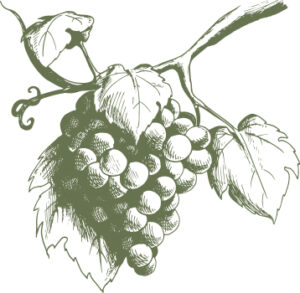
2012
Planting 0.5 hectares of Kadarka
The estate we purchase is located near Csongrád-Bokros and consists of approximately ten hectares of vineyards and three hectares of orchards with walnut, apple, pear, quince, and peach trees.
2013
Our first wine hits the market
We work according to ecological principles and practices and strive for sustainable production. Embracing the principles of the Demeter approach, we improve our farming practices continuously. Our values are the family, the terroir, and cosmic unity: the Sun, the Moon, and the stars.
2014
We showcase the winery with our first released wines and participate in several national events.
2015
All of our wines are 100% sulfur-free.
2016
A new look with natural simplicity. Our labels feature a consistent design element: the outline of a corkscrew.
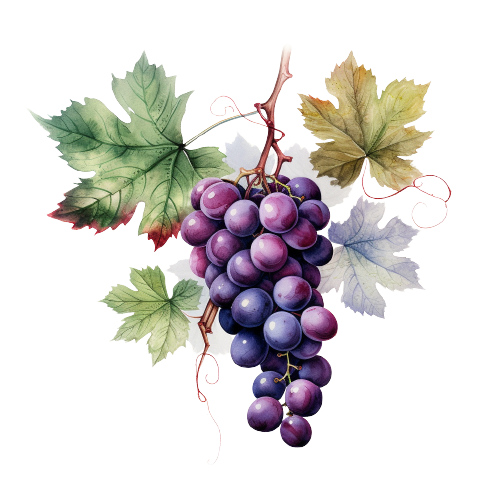
2018
We participate in international events, make our first foreign sales, and are present in overseas markets.
2019
We rejuvenate three hectares of the estate by planting the varieties Csóka (0.5 hectares), Pinot Noir (0.5 hectares), Cabernet Franc (1 hectare), and Királyleányka (1 hectare).
2020-2022
Years of challenges.
2023
We create new labels using graphic references to Hungarian lore, simplify the name of the winery, and build a new website.
If you have any questions, please fill in this form.
6800 Hódmezővásárhely Zrínyi u. 95. Hungary
